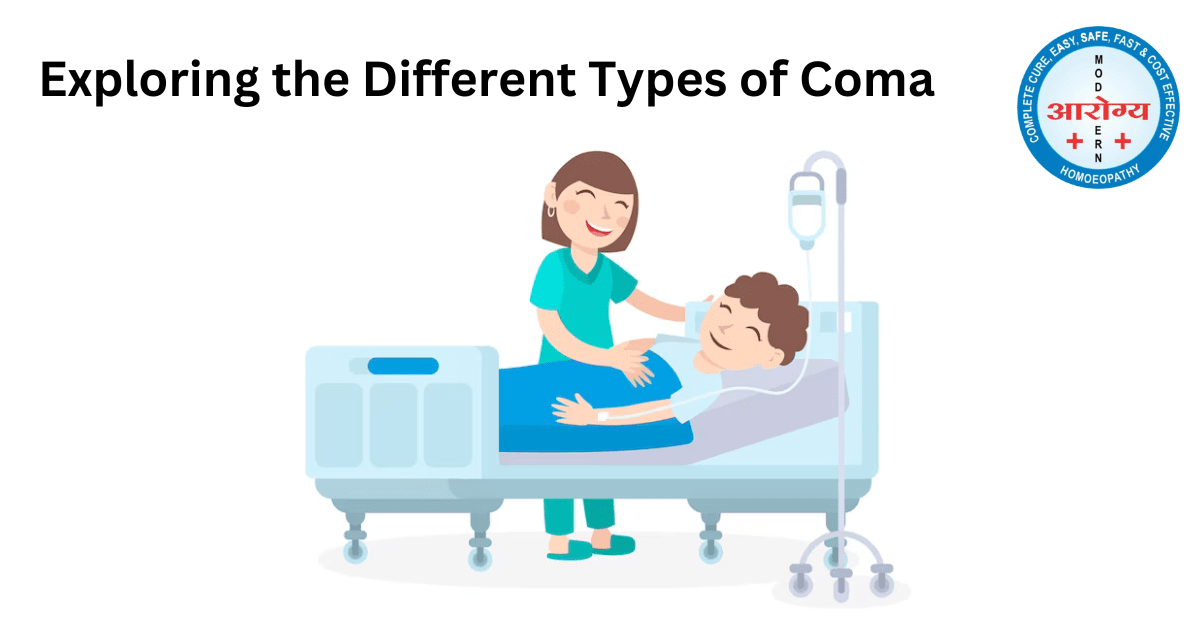Exploring the Different Types of Coma
Comas are complex neurological conditions that can be caused by various factors, from traumatic injuries to medical conditions. Understanding the different types of coma is crucial for proper diagnosis and treatment. In this blog, we'll explore the types of coma, shedding light on this medical phenomenon.
Traumatic Coma:
-
Caused by severe head injuries, such as concussions or brain trauma.
-
Typically a result of accidents or falls.
-
Evaluation through imaging tests like CT scans or MRIs is essential for diagnosis.
Metabolic Coma:
-
Arises from imbalances in the body's chemical processes, like electrolyte abnormalities or diabetic ketoacidosis.
-
Reversible with prompt medical intervention and addressing the underlying condition.
Toxic Coma:
-
Occurs due to exposure to harmful substances or toxins, such as drugs, alcohol, or carbon monoxide.
-
Prompt detoxification and supportive care are necessary for recovery.
Hypoxic Coma:
-
Resulting from oxygen deprivation to the brain, often due to cardiac arrest or respiratory failure.
-
Brain damage can be severe, and prognosis varies based on the duration of oxygen deprivation.
Infectious Coma:
-
Caused by severe infections like encephalitis or meningitis.
-
Requires aggressive treatment with antibiotics or antiviral medications.
Metabolic Coma:
-
Results from metabolic disorders like hepatic encephalopathy in liver disease.
-
Treatment focuses on addressing the underlying metabolic issue.
Diabetic Coma:
-
Occurs in individuals with uncontrolled diabetes due to very high or low blood sugar levels.
-
Immediate medical attention is necessary to restore blood sugar levels.
In Indore, individuals facing coma-related challenges may consider consulting the best homeopathy coma specialist in Indore. Homoeopathy, with its holistic approach, can complement conventional treatments and potentially aid in the recovery process.
In conclusion, understanding the types of coma is vital for both medical professionals and individuals. Early diagnosis, prompt medical intervention, and appropriate care are essential for the best possible outcomes, and exploring alternative therapies like homeopathy can provide additional options for coma management and recovery.

